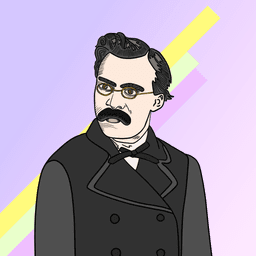Werden, Wurden, Würden & Worden
werden, würden, wurden - What''s the difference?
What exactly is the difference between "werden", "würden" & "wurden" in German? For beginner German learners, these three words sound incredibly similar and, to make things worse, are also used in very similar sentence structures.
The first thing you need to know, is that all four words are verbs. The second thing that's important to know is that we are in fact only dealing with two words here: 'werden' & 'würde'. 'Worden' & 'wurden' are just different conjugations of "werden".
Let's look at these in turn.
Werden
The German word werdento become is used in different contexts and can mean different things. It's base translation is 'to become'. If you want to say that "Paul would like to become a teacher", you would say:
However, "werden" is also used as an auxiliary verb in the future tense as well as in the passive voice. In these cases, it does not mean 'to become' anymore.
'werden'to become always means 'to become'. The only exceptions are when it's used as an auxiliary verb in the future tense or in the passive voice.
1. "Werden" in the Future
In the future tense, 'werden' means 'will'.
You could also say that Paul will become a teacher: In this case you would have to use 'werden' twice. First as an auxiliary verb in the future tense meaning 'will', and then also as a main verb with the meaning of 'to become':
2. "Werden" in the Passive
Another way 'werden' can be used is in the passive voice:
Here, 'werden' expresses that there is something that is done to the children: They are being brought to (or dropped off at) school.
3. "Werden" in Konjunktiv I.
Würde
Now off to "würde".
Werde vs. Würde
To make things even more confusing, "werde" and "würde" are often used in strikingly similar sentences, with strikingly similar meanings.
Consider the following two German sentences. They are exactly the same, except that one is using "werde" and the other one "würde":
Let's start with "werde":
And now the same sentence with "würde":




